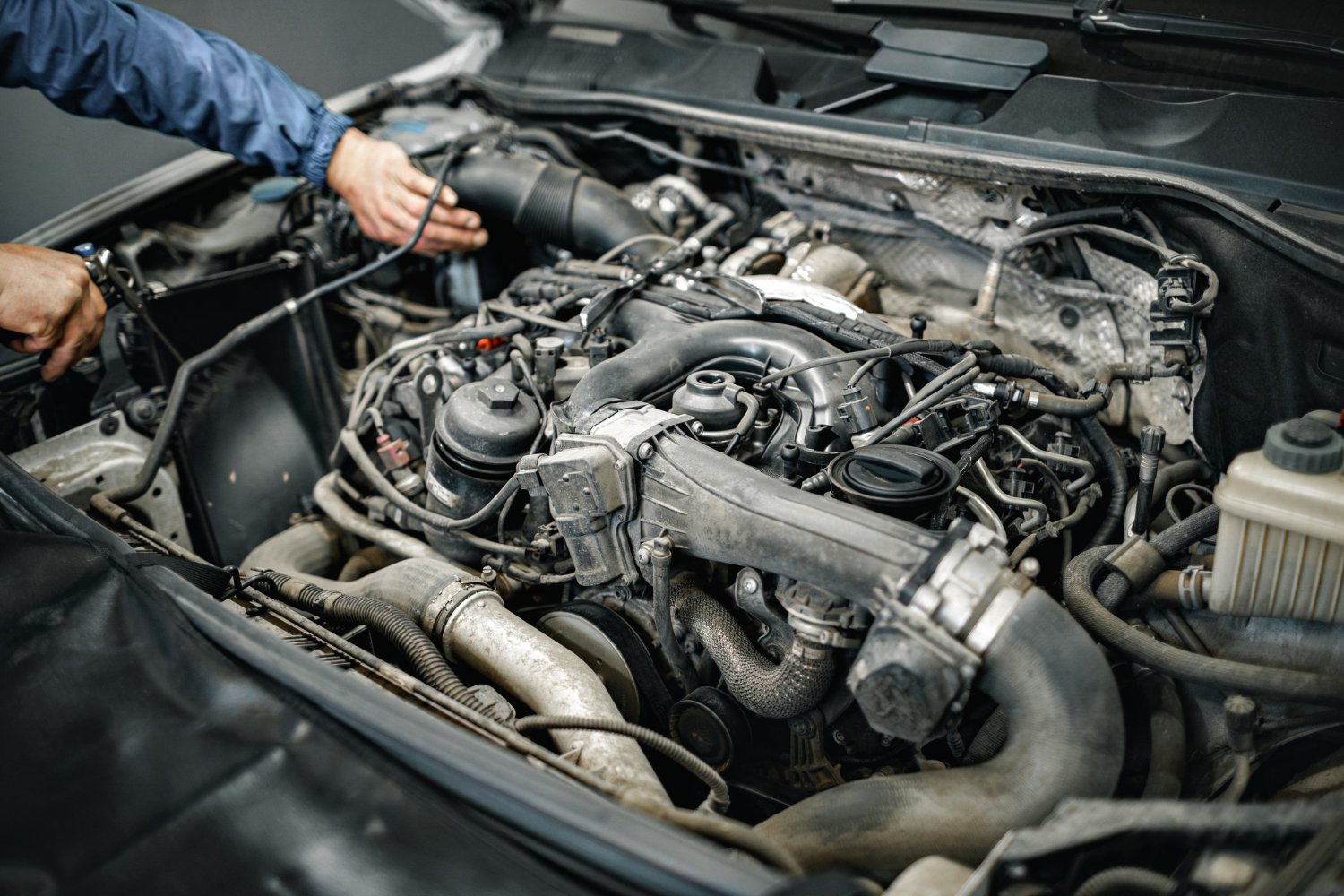
Ensuring the quality of used engines is essential. When you buy a used engine, you want to trust it’s going to perform well and last a long time. At our facility, we make sure each engine goes through a rigorous testing process before it reaches you. This helps guarantee that the engine you receive is in top-notch condition and ready for action.
Our testing process starts with an initial visual inspection. This is where we look for any obvious issues like rust, leaks, or physical damage. After that, we move on to mechanical testing procedures. During this phase, we check essential metrics like compression, oil pressure, and timing to ensure the engine runs smoothly.
Electronic diagnostics and scanning come next. Using advanced diagnostic equipment, we scan the engine’s electronic systems for error codes that might indicate underlying problems. Finally, we perform real-world performance testing. This includes both road tests and test-bench simulations to make sure the engine can handle real driving conditions.
Each of these steps is crucial for making sure our used engines meet the highest standards of quality and reliability. By the end of this process, you can feel confident that the engine you buy from us is one you can rely on.
The first step in our engine testing process is the initial visual inspection. This is when we take a close look at the engine to spot any obvious issues. During this inspection, we carefully examine the engine for common problems like rust, leaks, and physical damage. Rust can weaken the engine’s structure and lead to further issues down the line. Leaks are a major red flag because they can indicate problems with the engine’s seals or gaskets, which need to be in good condition to maintain proper pressure and fluid levels.
We also check for physical damage such as cracks or dents. These can indicate that the engine has been involved in an accident or has been poorly maintained. Loose or missing parts are another concern we address during this initial inspection. By catching these issues early, we can make necessary repairs and ensure the engine will perform as expected. This thorough visual check helps us identify which engines are immediately ready for sale and which ones need further attention.
After passing the visual inspection, the engine moves on to mechanical testing procedures. These tests help us ensure that the engine’s internal components are functioning properly. One of the primary tests we conduct is a compression test. This test measures the pressure in the engine cylinders. Proper compression is essential for the engine to run efficiently and smoothly. Low compression can indicate worn-out piston rings or leaking valves, both of which need to be addressed before the engine is approved for sale.
We also perform oil pressure tests. Adequate oil pressure is crucial for keeping the engine parts lubricated and preventing excessive wear. Low oil pressure can lead to engine failure, so this test helps us make sure everything is in good working order. Another important test is the timing check. Proper engine timing ensures that the engine’s valves open and close at the correct times during the engine cycle, maximizing performance and efficiency. Using specialized tools and methods, we carefully perform these tests to make sure the engine meets our high standards for quality and reliability.
Next, we use electronic diagnostics to dig deeper into the engine’s performance. Modern engines come with various sensors and control units that monitor their operation. We connect diagnostic equipment to these systems to scan for error codes. These codes help us pinpoint specific issues that might not be visible during a visual or mechanical inspection. For example, error codes can reveal problems with the fuel injectors, oxygen sensors, or even the engine control unit (ECU).
Interpreting these codes is crucial. Our technicians are trained to read and understand the information from these diagnostic tools. We analyze the data to identify any hidden problems that could affect the engine’s reliability. By addressing these issues before the engine is sold, we ensure that it will perform well for its new owner. This step adds another layer of assurance that the engine is in excellent condition and ready for use.
Finally, we put the engine through performance testing to make sure it operates well under real-world conditions. We start with test-bench simulations to mimic different driving scenarios. These tests allow us to monitor the engine’s behavior under various loads and speeds. We look for consistent performance and listen for any unusual noises that might indicate underlying problems.
After bench testing, we perform road tests to see how the engine handles real driving conditions. This is where we get a feel for the engine’s acceleration, power delivery, and overall smoothness. During these tests, we keep an eye on the engine’s temperature and ensure it maintains optimal operating conditions throughout the drive. If the engine performs well in both simulated and actual driving conditions, it passes our stringent quality standards. This comprehensive testing ensures that the engine is ready to meet the demands of everyday use.
Making sure our used engines are of the highest quality is a detailed process that involves several essential steps. Each engine we work on goes through a rigorous inspection and testing process. We start with an initial visual inspection to catch any obvious issues. Then, we conduct mechanical tests to check the engine’s internal components. Our electronic diagnostics help us find hidden problems that might not be visible otherwise. Finally, performance testing ensures the engine operates well under real-world conditions.
By following these steps, we ensure that each engine meets our high standards for quality and reliability. We take pride in offering quality parts, superior customer service, and the best warranty in the industry.
If you’re in need of a dependable used engine, come to us at Airline Auto Parts. Our extensive inventory includes all late model makes and models, so you’re sure to find what you need. Contact us today and let us help keep your vehicle running smoothly.
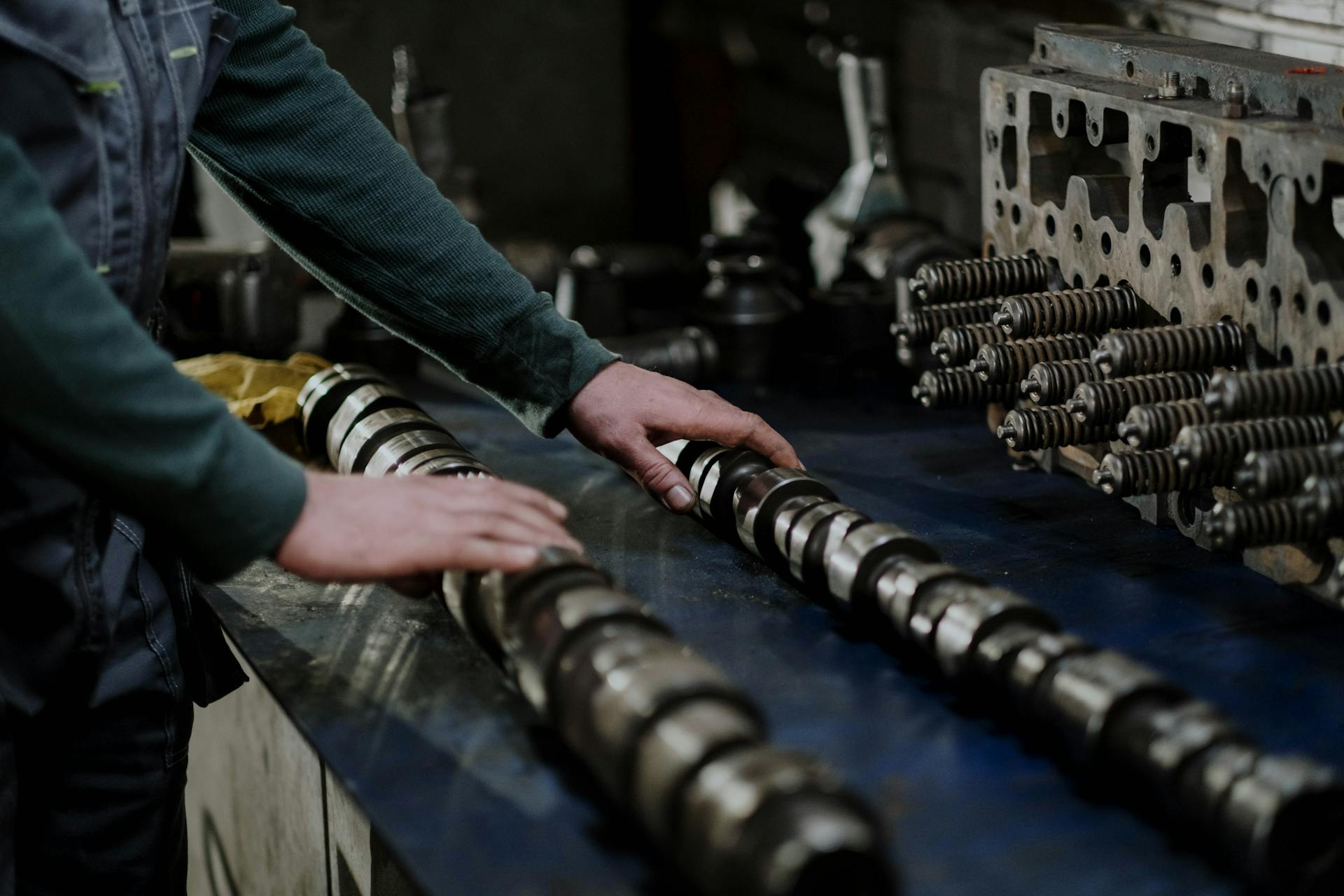
February 8, 2026 What To Ask Used Car Parts Dealers Befor...
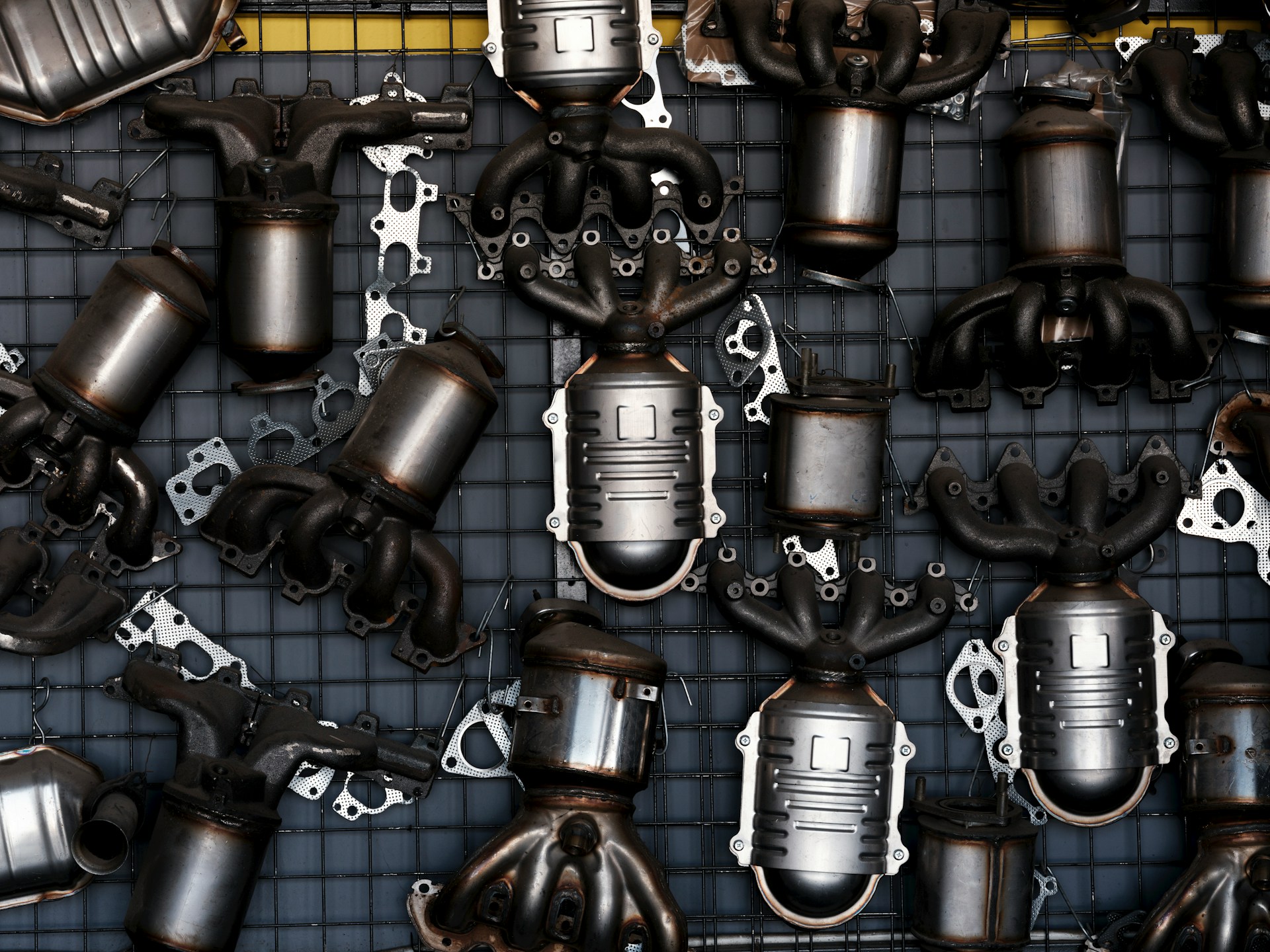
How Used Vehicle Spare Parts Help With C...
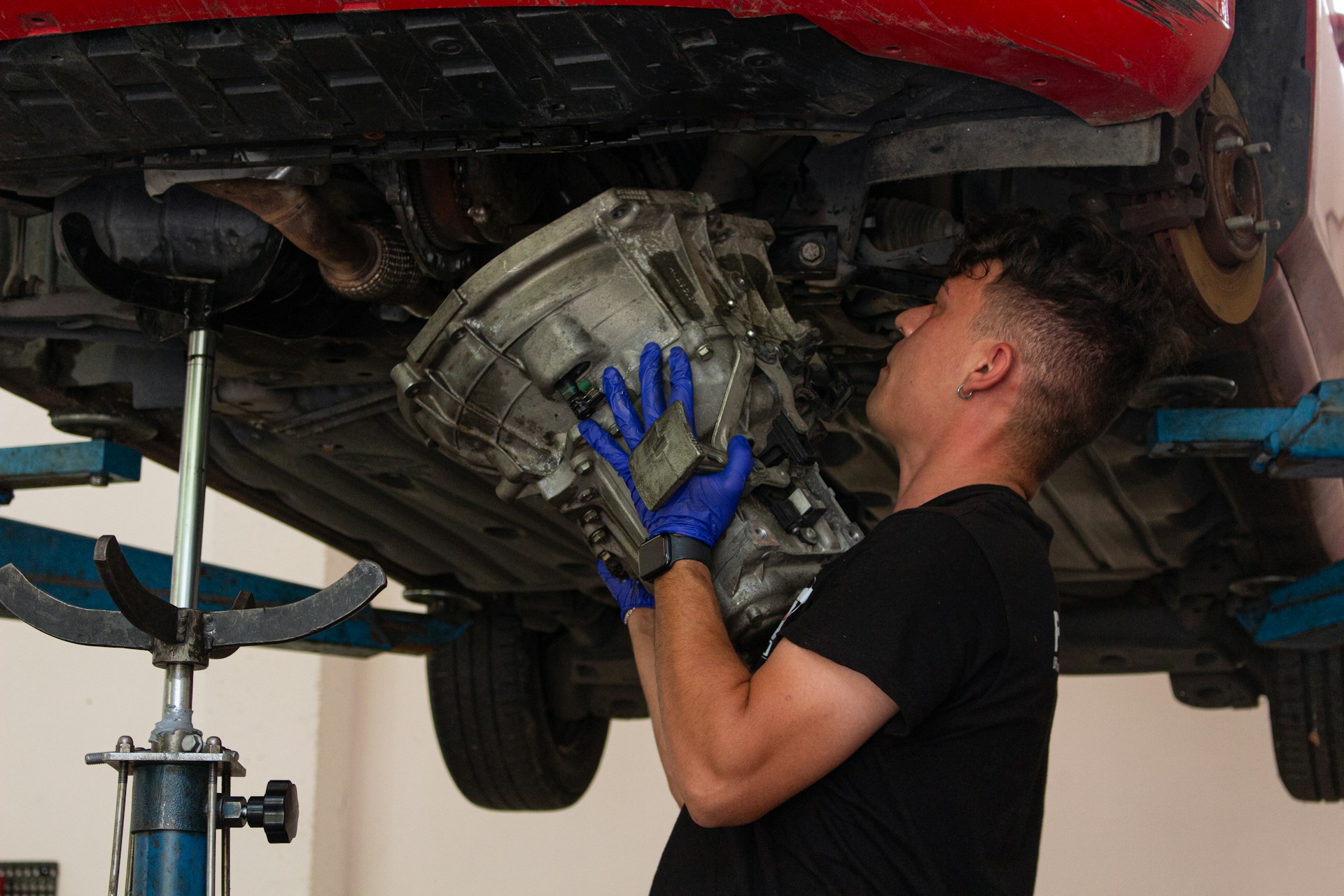
February 1, 2026 Where To Start With Used Parts In Housto...
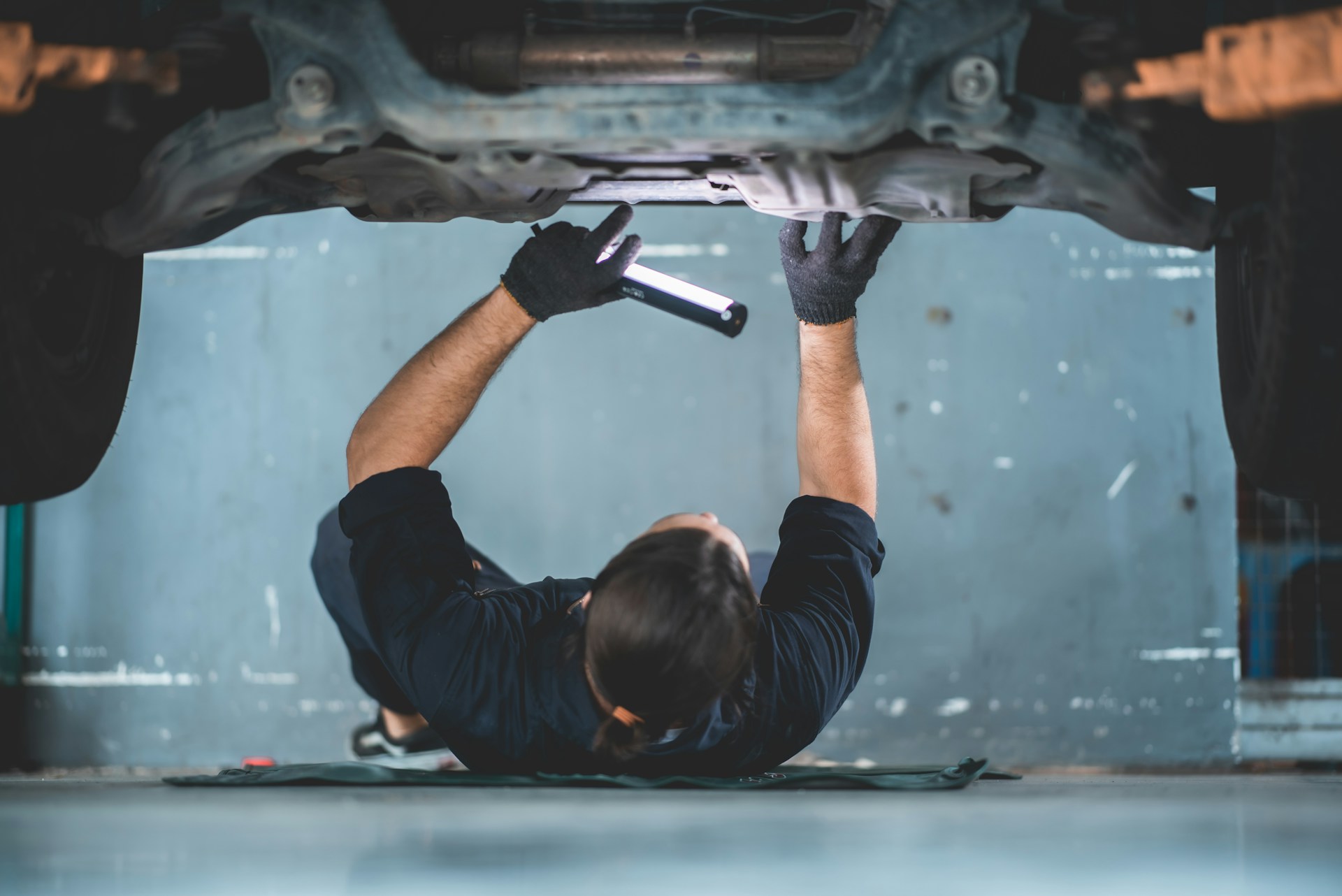
What To Expect From Car Parts In Houston...
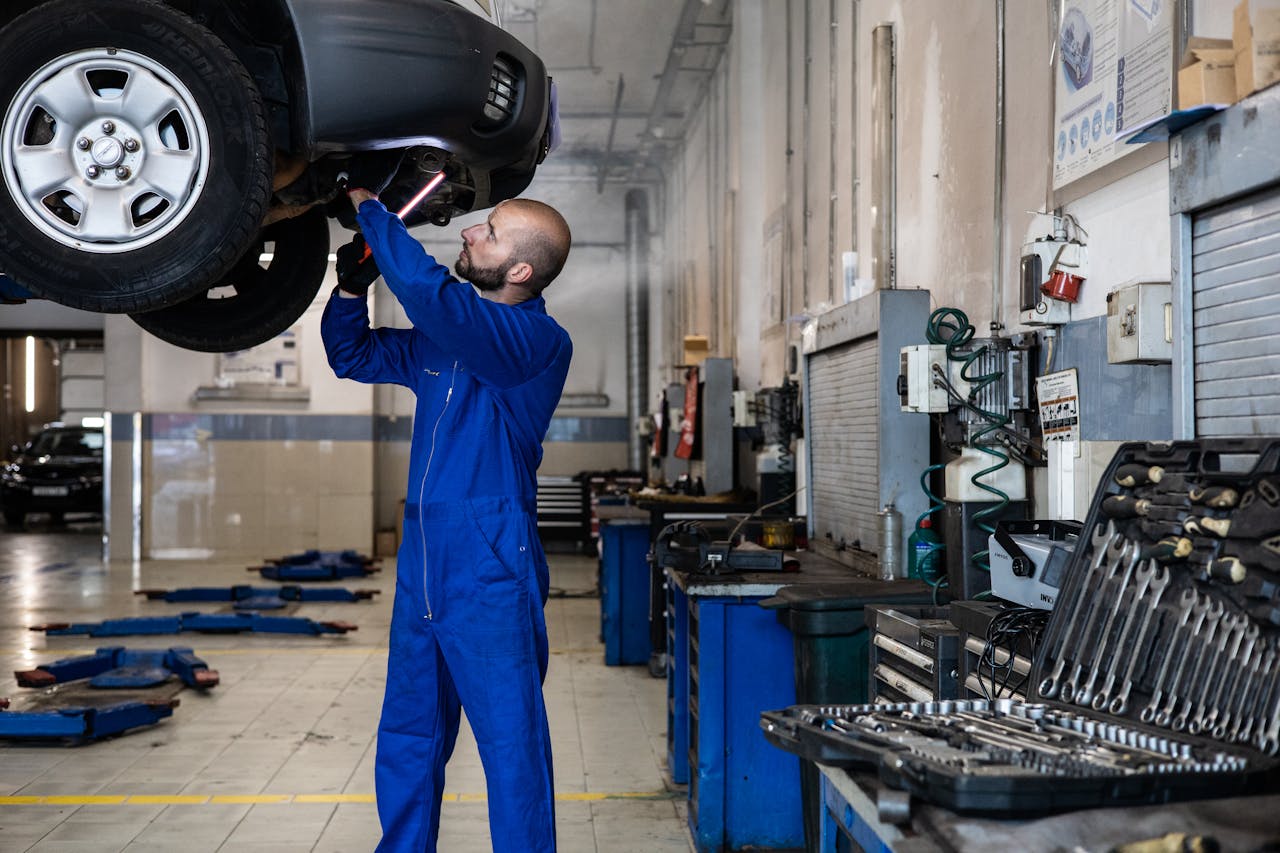
January 25, 2026 Why Used Auto Parts Matter More During W...

Hidden Risks Of Salvage Car Parts In Hou...

January 18, 2026 The Right Time To Buy Used Parts In Hous...

January 11, 2026 Everything To Know About Used Diesel Eng...

Common Warnings Before Buying Second Han...
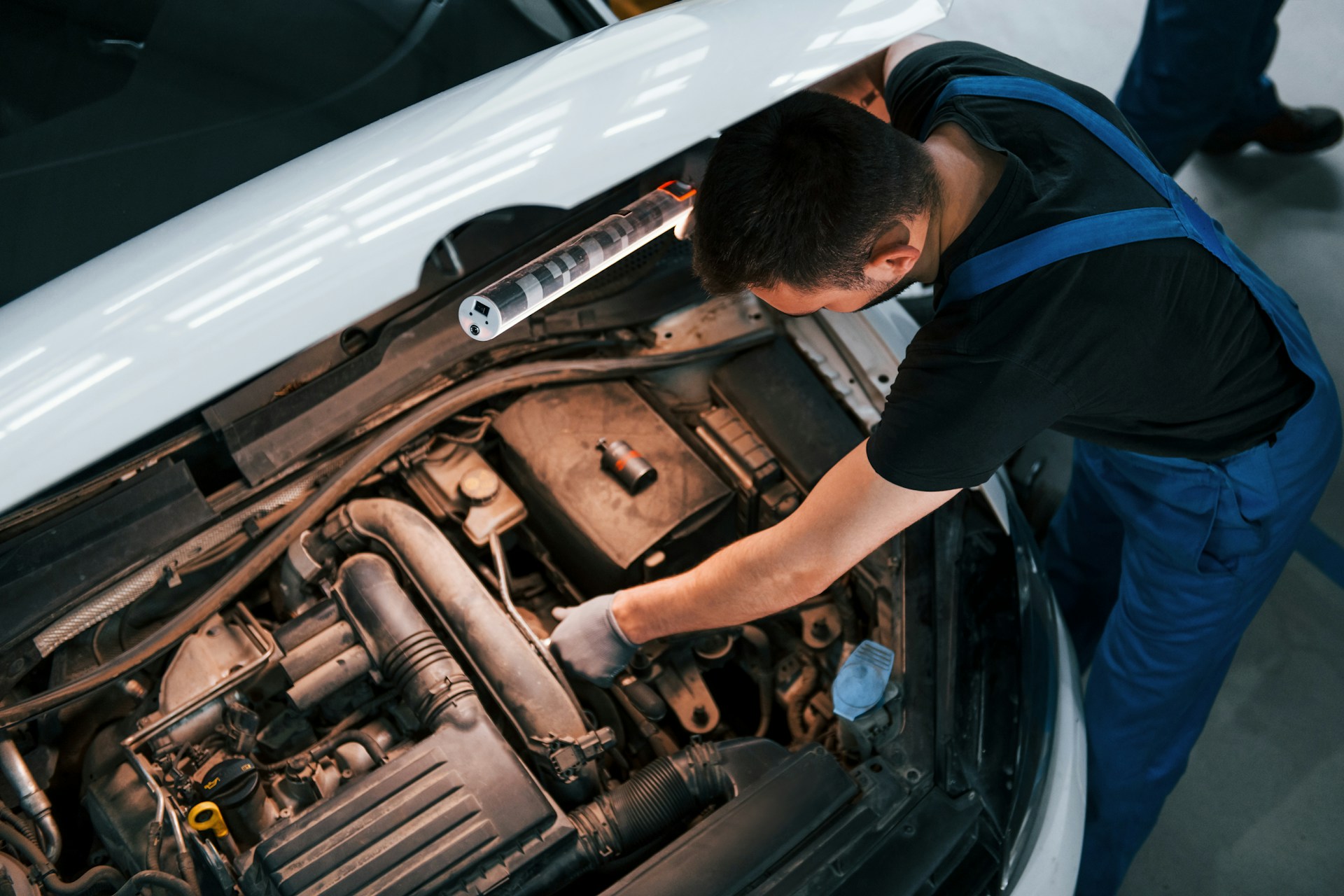
January 4, 2026 What Happens When A Used Automatic Trans...
Leave a Reply
You must be logged in to post a comment.